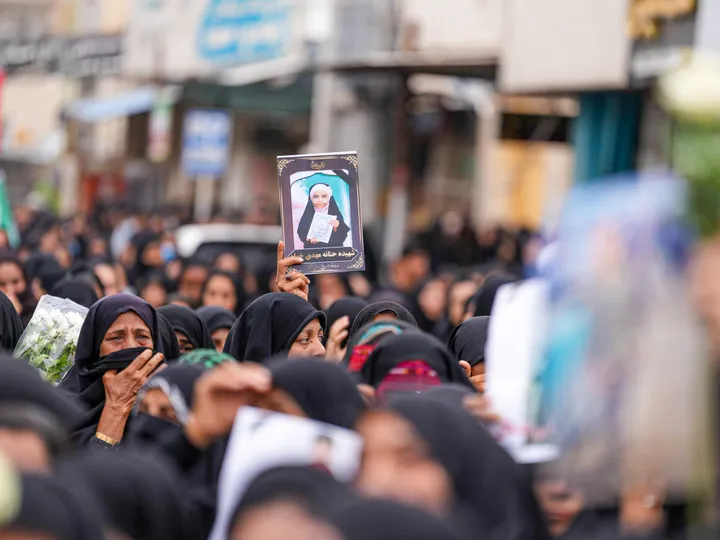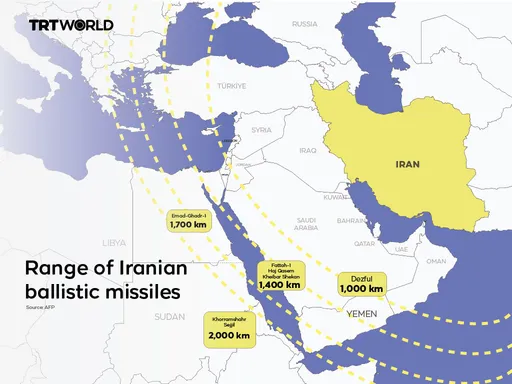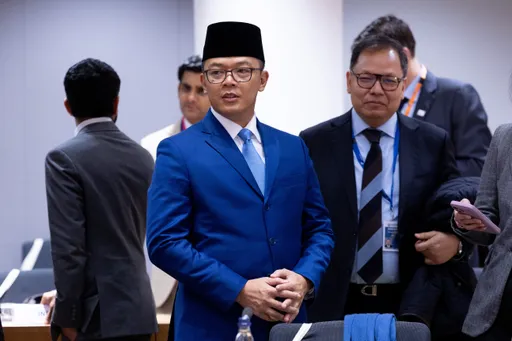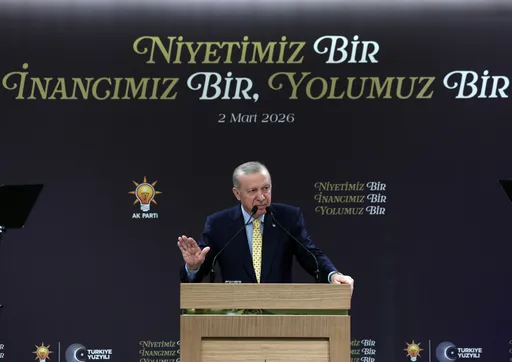On January 12, 1985, Ahmet Alpay, a 23-year-old student at Sofia’s Technical University, was detained by Bulgaria’s notorious secret police in a state under a communist rule that was part of the Iron Curtain during the Cold War.
“It was a cold and snowy day, when they violently entered our home like they are raiding a terror cell,” Alpay remembers the police assualt back then. “They told my wife that I will be detained for a brief interrogation period,” he recounts.
But after they left home, one of the secret members told him that “if you try to run away, I will shoot you.”
As a member of Bulgaria’s Turkish minority, Alpay was not charged for anything because he had never been put on trial, while being kept in different detention centres, including the infamous Belene concentration camp located on the Danube River, until September 25, 1985.
As a politically active Turkish student, Alpay opposed Bulgaria’s harsh assimilation policies, which targeted the country’s Turkish minority, forcing them to change their names to Bulgarian ones and banning religious customs like holding Muslim funeral ceremonies.
“The secret police (known as State Security, the Bulgarian equivalent of the Soviet Union's KGB) accused us of making speeches and attitudes that damage the dignity of the state,” says Alpay, who went through torture, unlawful imprisonment and other inhumane treatment at the hands of former Bulgarian authorities, paying a brutal price for fighting to preserve his identity and dignity.
“I was punished because I defended my natural human rights,” Alpay tells TRT World on a day, December 10, which is celebrated worldwide as Human Rights Day.
“On the occasion of the World Human Rights Day, I wish everyone whose rights have been violated in the world to regain them,” he says.
Under the autocratic leadership of Todor Zhivkov, Bulgaria’s communist state called its assimilation policy a ‘Process of Rebirth’, aiming to build a new Bulgarian identity without any Muslim and Turkish elements. “It’s based on an idea that there were and are no Turks in Bulgaria, rejecting the existence of the Turks in the country,” Alpay says.
“We copied our old identity cards, which showed that we have Turkish and Muslim names, to prove to them [Bulgarian communist authorities] and others that we are indeed Turks and Muslims,” Alpay says while fighting back tears.
Bulgaria’s Turkish and Muslim population was officially one-tenth of the total population in the 1980s, and owes its existence thanks to Ottoman rule, which governed much of the Balkans including Bulgaria for five centuries. Alpay believes the Turkish population was at least twice the official numbers.
“They [Bulgarian communist state leaders] believed that the Turkish population might exceed ethnic Bulgarians at some point because Turks were having more children than them,” Alpay says, explaining the political logic of the then government’s assimilation policies.
Like many other Turks in Bulgaria, Alpay felt insulted by Sofia’s assimilation policies, organising Turkish youth and calling foreign embassies to let them know the state had violated its Muslim minority’s human rights, which angered the autocratic leadership.
In 1989, Alpay and his family including his one-year-old baby were deported, forcing them to leave behind all their life earnings and village in Kircaali, a Turkish-majority city close to Turkey’s border, as hundreds of thousands of Turks were also forced to migrate to other countries the same year.
Bulgarian authorities also took away his engineering diploma when they deported him. “When I asked them why they did that, they replied that they wanted to make sure I would not get a good job and find it difficult to earn a living,” Alpay says.
After he was abruptly sent to Stockholm by Bulgarian authorities for a so-called relative visit (even though they have no relatives in the Swedish city), Alpay ended up migrating to Turkey.
No regrets
After nearly four decades, Alpay has no regrets.
“Me and my friends did what we should have done at the time in that political juncture,” said the now 60-year-old automotive engineer, who is currently enjoying retirement in Bursa, a northwestern city heavily populated by Turkish migrants from Bulgaria.
“We just feel bad about the fact that all of those people who had insulted and tortured us have not been punished yet,” he says.
While he regrets that the international community has not gone after them like it did Serbia’s Slobodan Milosevic and others for their war crimes against Muslim Bosniaks, Alpay continues to be a politically active man, calling for justice against those Bulgarian perpetrators.
Today, on the occasion of World Human Rights day, he discussed his painful story during a meeting organised by Sweden’s Raoul Wallenberg Institute of Human Rights and Humanitarian Law (RWI) and Turkey’s Justice, Rights, Culture and Solidarity Association in the Balkans (BAHAD).
“I talked about the need to bring perpetrators of Bulgaria’s communist-era human rights violations to justice,” says Alpay, who is also part of BAHAD, a Bursa-based NGO aiming to reveal human rights violations Alpay and others were subjected to.
Seeking justice
Many Turkish victims like Alpay had high hopes with the establishment of a democratic government in 1991 after the collapse of the communist rule. “But our expectations were in vain,” he says.
In 1991, the Bulgarian government opened up an investigation to prosecute crimes against the Turkish minority. But after three decades, no one has been charged or imprisoned for their crimes. “It was just a mock court,” Alpay says.
Safiye Yurdakul, the president of BAHAD, whose father was also imprisoned in the Belene concentration camp, agrees with Alpay. “For 30 years, it's been at the stage of prosecution. But we continue to fight for justice against those perpetrators, opening different cases against them,” Yurdakul tells TRT World.
Due to Bulgaria’s unwillingness to prosecute those past violations, BAHAD and other Turkish groups want to bring their cases to institutions like the International Criminal Court (ICC) to pursue justice.
“In today’s meeting with RWI, we discussed this issue, asking them why the international community does not care about human rights violations in Bulgaria’s communist era,” Yurdakul says.
“Belene was Europe’s last concentration camp,” something the EU and other European groups can't ignore, according to Yurdakul.
Belene camp
Among others, the most notorious human rights violations happened in the Belene camp, which was ironically located on a naturally beautiful Bulgarian island.
In early 1985, Alpay was first imprisoned in a state security detention. On March 25, he was sent to Belene. “The day we entered the concentration camp was a freezing day and a cold wind was blowing so hard. They took all of our clothes off to insult us on the very first day,” Alpay says.
In a small cell, a crowd of 20 prisoners were placed and there were no toilets. “Because we were forced to use a basin for our toilet needs, there was a terrible smell in the cell. We could not breathe properly,” he says.
“There were other cells, where robbers, murderers and other common criminals were living. They got much better conditions than us. They [Bulgarian camp authorities] gave us junk food. They treated us like war prisoners,” he says.
The Turkish prisoners’ relatives also got no information about them. “They spread rumours that our relatives were told that we were shot because we were trying to run away from the prison to Romania, using the frozen Danube river as an escape route,” he remembers.
He met his relatives after 141 days, but could not speak with them in his native Turkish because of the state ban on the language. “My parents could not speak Bulgarian because they were old people. Due to the ban, we just looked to each other to make sure we were fine,” Alpay says as tears continued to flow.
According to Bulgaria’s official data, there were 517 Turkish prisoners in Belene. But Yurdakul, whose father was also in Belene, believes that number was much higher.























